After the American Civil War, Black people in the South were granted new political and civil rights, only for such gains to be reversed within a few decades by white supremacists. This column studies how dramatic institutional change in the Reconstruction era affected the political and socioeconomic outcomes of Black people in the American South. Reconstruction led to higher education, literacy, occupational status, and property ownership among the Black population. But changing laws and rules alone was not enough. The organised power of the state, including military power, was needed to enforce the legal changes.
One of the most prominent research agendas in political science and economics concerns the impact of institutions on comparative economic development. This literature can be traced back to the pioneering work of Nobel laureate Douglass North, including Davis and North (1971), North and Thomas (1973), North and Weingast (1989), and North (1990). These early studies laid the foundations for the seminal works of Sokoloff and Engerman (2000), who emphasise the impact of factor endowments on political and economic development, and Acemoglu and Robinson (2008), who contributed to our understanding of institutions by distinguishing between de jure and de facto political power.
In recent work (Frieden et al. 2024), we study how dramatic institutional change interacted with factor endowments in the American South during the Reconstruction era. In the aftermath of the Civil War, the victorious Union embarked on a massive social experiment. A million formerly enslaved adult men gained the right to vote, while many former Confederates were disenfranchised. Tens of thousands of federal troops occupied the former Confederacy, and nearly a thousand offices of the Freedmen’s Bureaus were set up across the region (Figure 1) to assist freed people in securing their political and legal rights, as well as to provide educational and social services. Eyewitness accounts suggest that this federal presence was important in securing the rights of the formerly enslaved. As one observer put it, “[t]he wrongs increase just in proportion to the distance from the US authorities” (White 2017: 69).
Black people, who made up a significant portion of the population of the South, took enthusiastic advantage of their new political and civil rights. The enfranchisement of freedmen in the former Confederacy led to the electoral dominance of the Republican Party, which was firmly committed to guaranteeing the legal and civil rights of freed people. This also resulted in the election of well over a thousand Black politicians, including many at the local and state level who were responsible for setting local policy and enforcing the law (Foner 1988). Freedmen’s Bureau offices helped to establish 4,300 schools that were educating 250,000 formerly enslaved children by 1870.
After the Hayes-Tilden agreement following the 1876 election, federal troops gradually returned to their barracks. Within a few decades, white supremacists reversed the political gains made by Black people and their white allies with a combination of extra-legal terror, legal manipulation, and fraud.
How did this massive political change affect the lives of Black people in the South? Did these major political reforms have an impact on the social and economic opportunities available to freed people? Did enfranchisement, political engagement, and civil rights – however transitory – lead to Black socioeconomic advances in the South? And did these changes, if any, persist after Reconstruction policies were largely reversed?
We use the location of federal troops and Freedmen’s Bureaus across Southern counties as an indicator of the intensity of Reconstruction, and the county’s cotton suitability as an indicator of the presence of an anti-Reconstruction planter elite. We then look at the political and socioeconomic outcomes for Black Americans in the former Confederacy to answer questions about the short- and longer-term consequences of Reconstruction.
We find that a greater federal presence during Reconstruction was associated with more Black political engagement, including higher Black voter registration, more votes for the Republican Party, and more Black office holders at the state and local levels. This effect was less pronounced in areas dominated by cotton plantations. Using data from the 1880 census, we find that areas that had a greater federal presence exhibited higher levels of school attendance by Black youths aged 6–16. We also find that the Black populations of these counties had higher literacy, average occupational status, and agricultural position – that is, a higher percentage in high-status/pay occupations (e.g. professions, managers, skilled craftsmen) and a lower percentage in low-status/pay occupations (e.g. farm labour). This effect, too, was less pronounced in cotton plantation regions.
We then use data from the 1900 and 1910 censuses to see if these effects were persistent. Again, we find that in counties where there had been a greater federal presence during Reconstruction, Black citizens were more likely to have higher-skilled/paid occupations, were more likely to be home and farm owners, and less likely to be share tenants nearly a quarter of a century after the end of Reconstruction. And, yet again, these effects are lessened in cotton plantation areas.
We further assess the mechanism that might have been at play in explaining our results. We find that greater Republican majorities and more Black local office holders in a county in the1870s led to higher local property tax rates – an effect that was reduced in cotton plantation areas. Previous work has shown that the election of Black politicians was associated with higher tax revenues and higher Black literacy rates and land tenancy (Logan 2020, Suryanarayan and White 2021). We believe that higher tax rates led to greater investment in local education during the Reconstruction period, and indeed they were associated with a higher proportion of Black children attending school. This investment led to long-term benefits for the formerly enslaved. Despite the concerted – and, ultimately, successful – effort by white supremacists to disenfranchise Blacks through all manner of legal and extra-legal tactics, the educational gains made during Reconstruction were less reversible and, as a consequence, had a lasting positive on Black socioeconomic achievement.
Our findings strongly suggest that the major institutional changes put in place during Reconstruction had many of the positive effects intended by their architects. Reconstruction facilitated, for a time at least, Black political empowerment. Combined with a strong federal presence, political empowerment had important and lasting socioeconomic effects. Black people and their allies in the former Confederacy were able to massively expand Black children’s access to education and to facilitate access to occupational and professional opportunities from which they had previously been excluded. Although white supremacists eventually reversed the enfranchisement of most Black men, the socioeconomic impact of the advances achieved during and after Reconstruction endured for decades.
The evidence presented here is very strongly in line with the proposition that political-institutional reforms to expand the franchise, especially to disadvantaged segments of the population, lead to improvements in the lot of those newly empowered. An important implication of the Reconstruction experience, however, is that formal institutional change is not enough to ensure long-term institutional change. At one level this is obvious, since the franchise was eventually stolen back by white supremacists. More to the point, the presence of federal troops and the Freedmen’s Bureau had a powerful impact on political and socioeconomic outcomes; it took the power of the state to enforce the rights enumerated by formal legal changes. This suggests an important amendment, even corrective, to a simple – perhaps naïve – focus on institutions and institutional change as in and of themselves catalysts of political and socioeconomic change. In the Reconstruction context, institutional reform required the support of military might and dedicated government officials.
Another important corrective to the purely institutional view is that the underlying economic structure of the region affected the impact of the institutional changes. Counties in the cotton plantation zone lagged well behind the rest of the South, so much so that in some of our analyses being in a cotton region negated the impact of Black political engagement and federal presence. This is consistent with much of the secondary literature, which typically characterises cotton plantations as enclaves within which the planter elite could exercise major pressure on Black workers and could often manipulate local institutions to produce desired political results almost at will. The production structure affected social and political power and could in some instances overcome institutional change.
Reconstruction and the federal presence had direct, important, and long-lasting positive effects on a whole range of Black socioeconomic outcomes, including schooling, literacy, occupational status, and property ownership. The evidence we present demonstrates the profound and lasting impact that changes in political institutions can have on both political and socioeconomic outcomes. However, it also suggests some cautionary notes. First, it makes clear that changing institutions – laws and rules – is not sufficient to overcome historical disadvantages and entrenched opposition. In the case of Reconstruction, it took the organised power of the state – including military power, in ways that mattered at the very local level – to make meaningful and lasting change possible. Second, it makes clear that the underlying economic structure of an area can have a powerful impact on its susceptibility to reform. More specifically, the effects of political-institutional change can be stymied or blocked by entrenched interests, such as the cotton planter elite represented in the South. We believe that all these lessons remain relevant and are of profound interest and value, today.
Read this article on the website of Vox EU
https://cepr.org/voxeu/columns/political-and-socioeconomic-effects-reconstruction-american-south

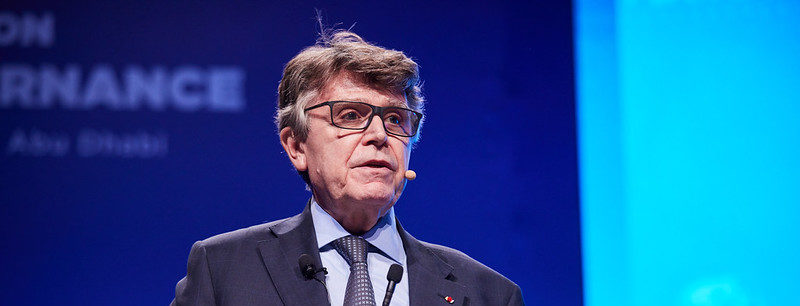
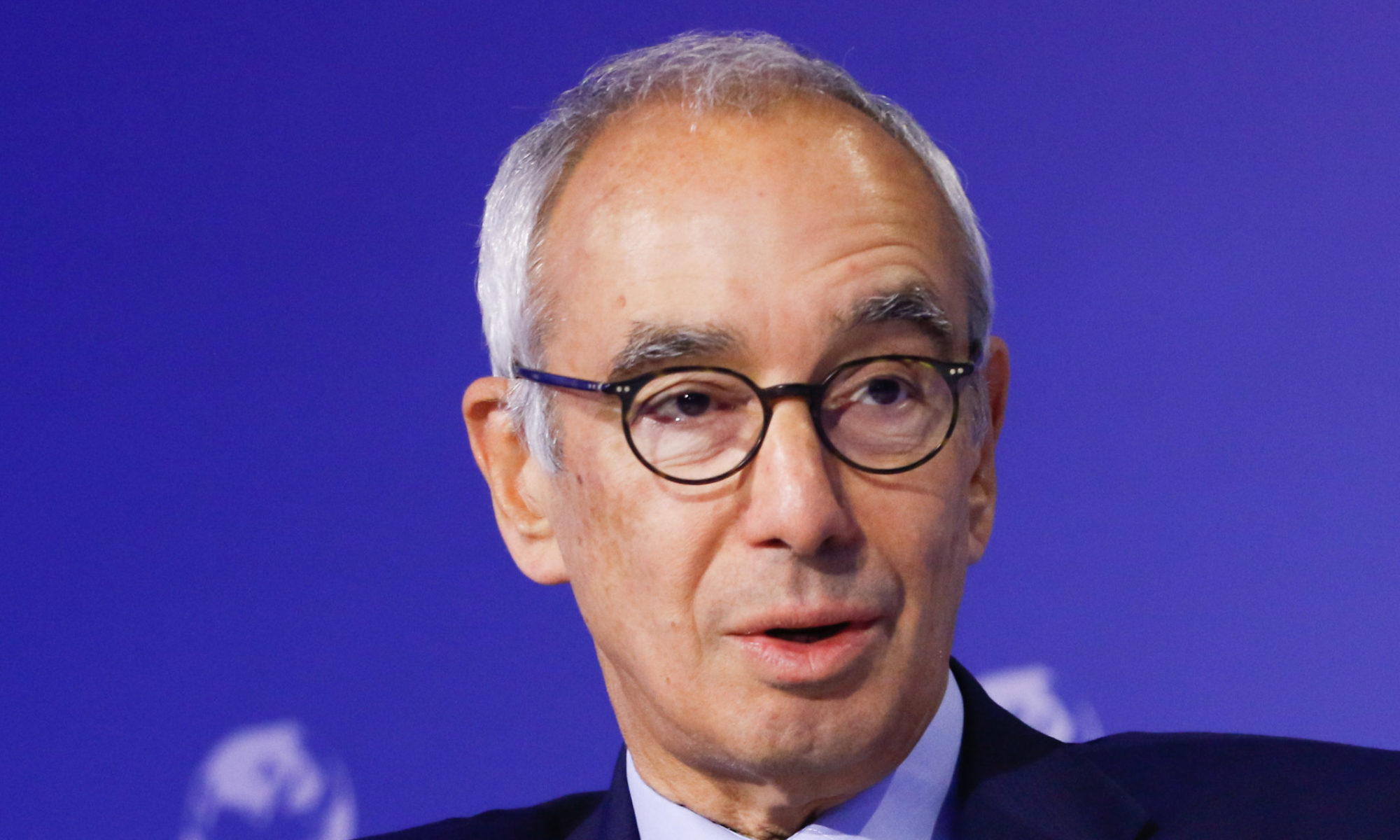


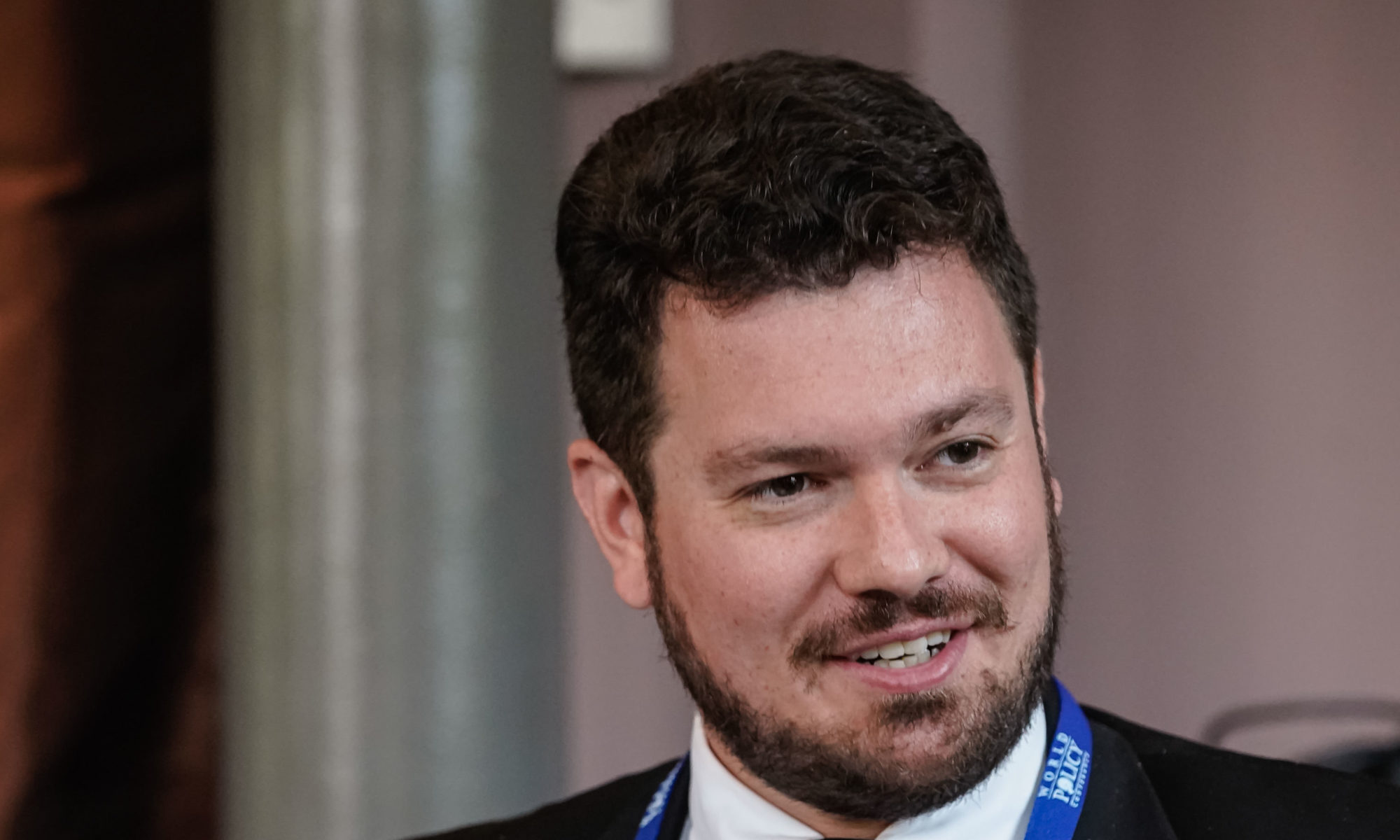




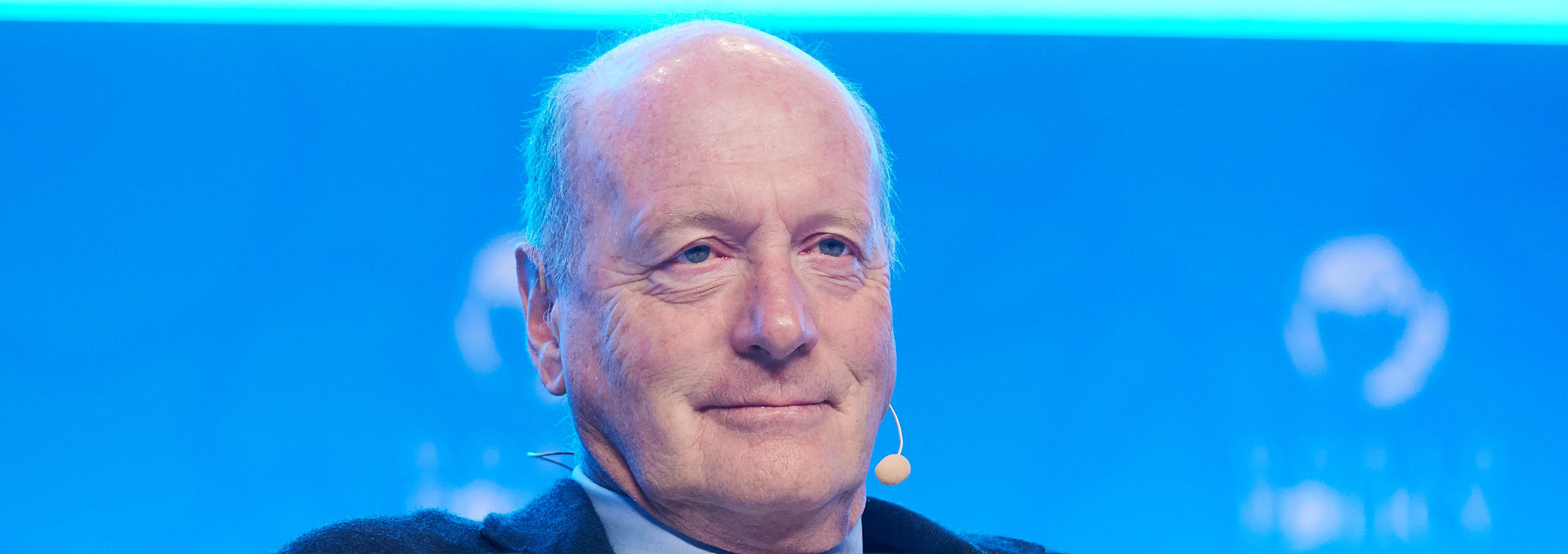
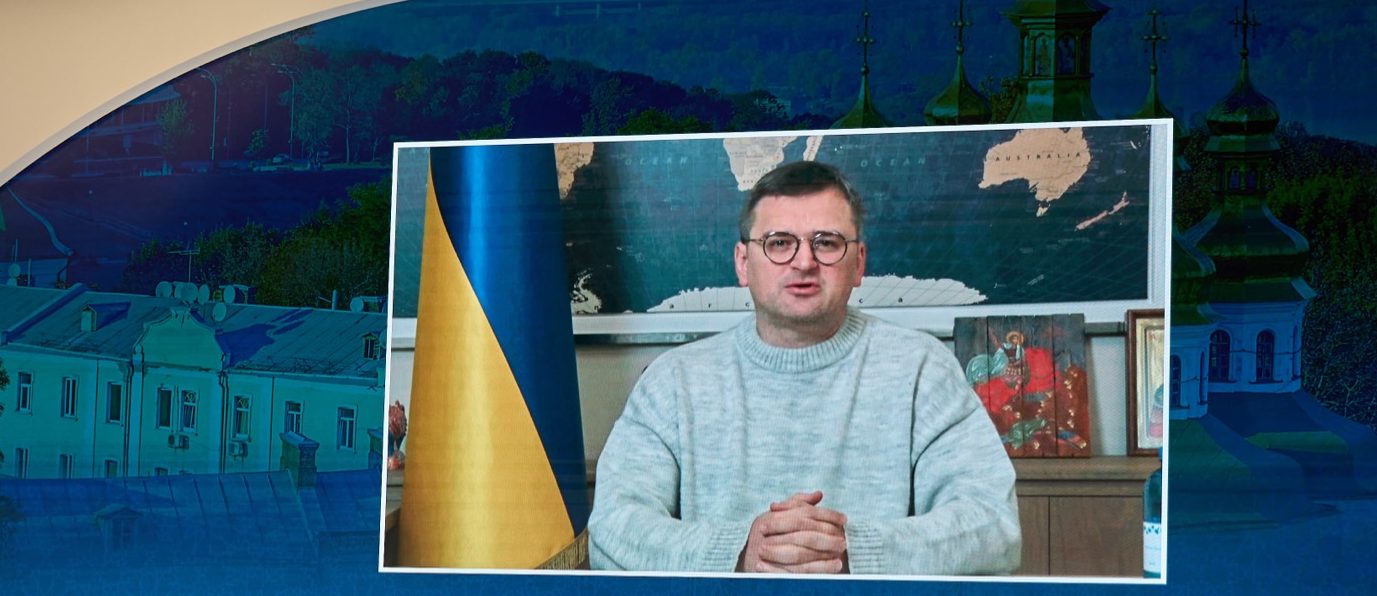

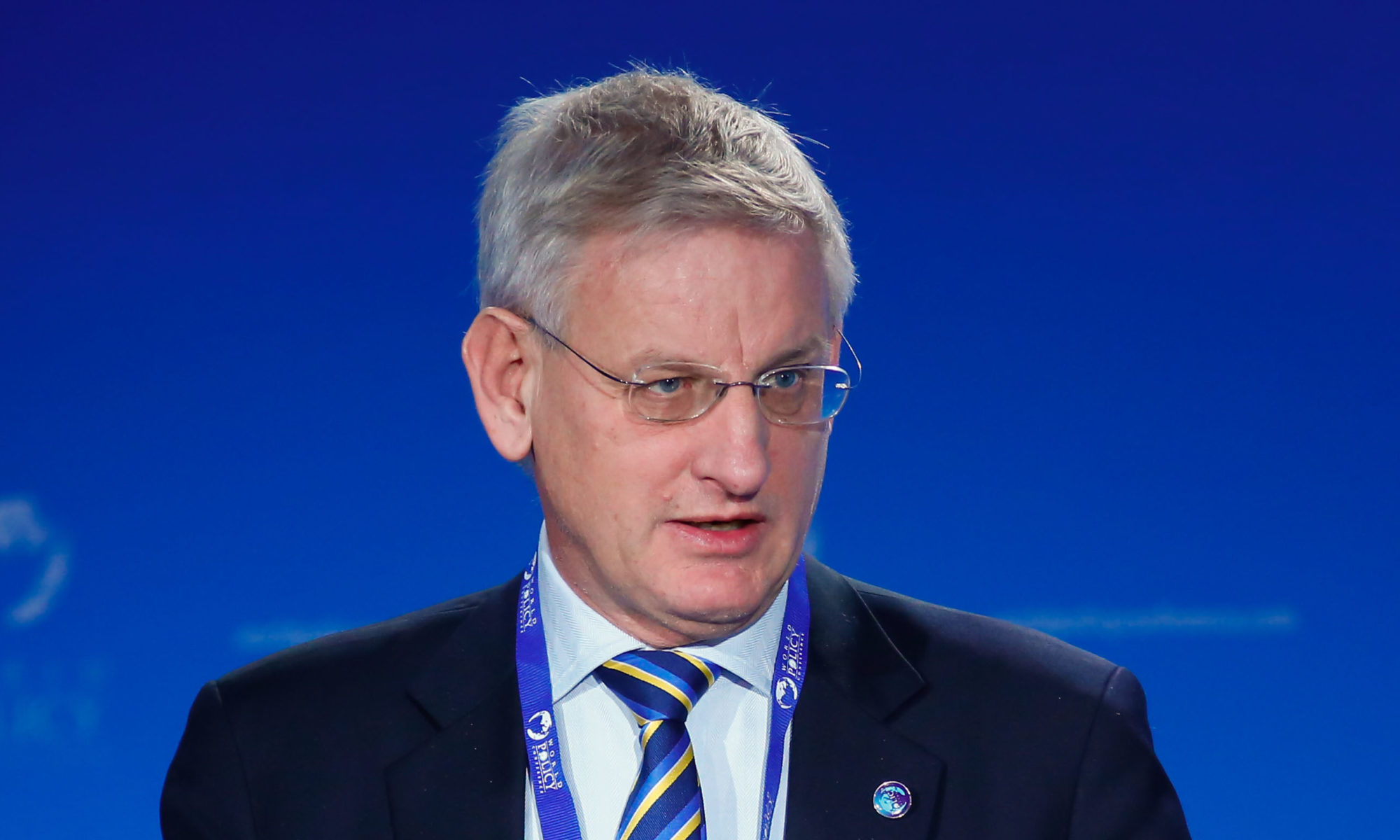
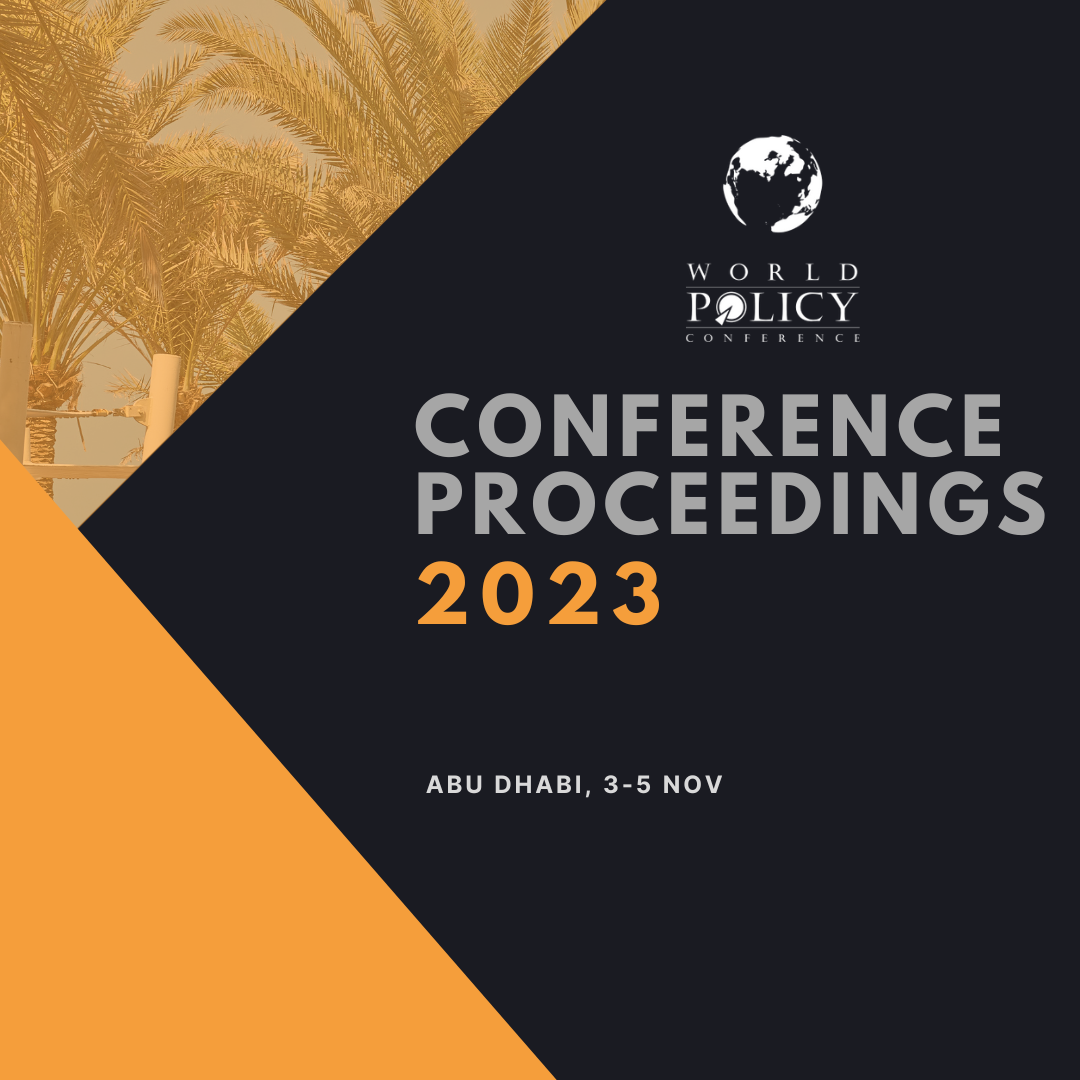
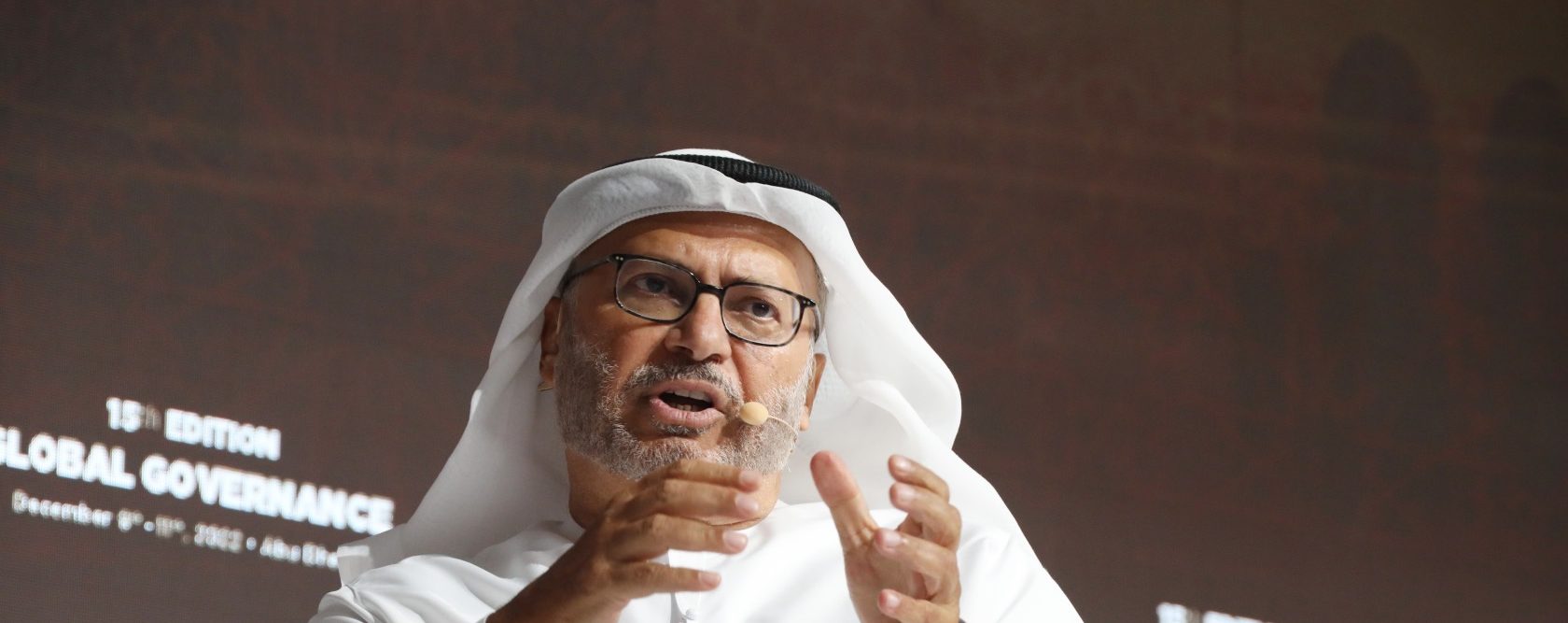

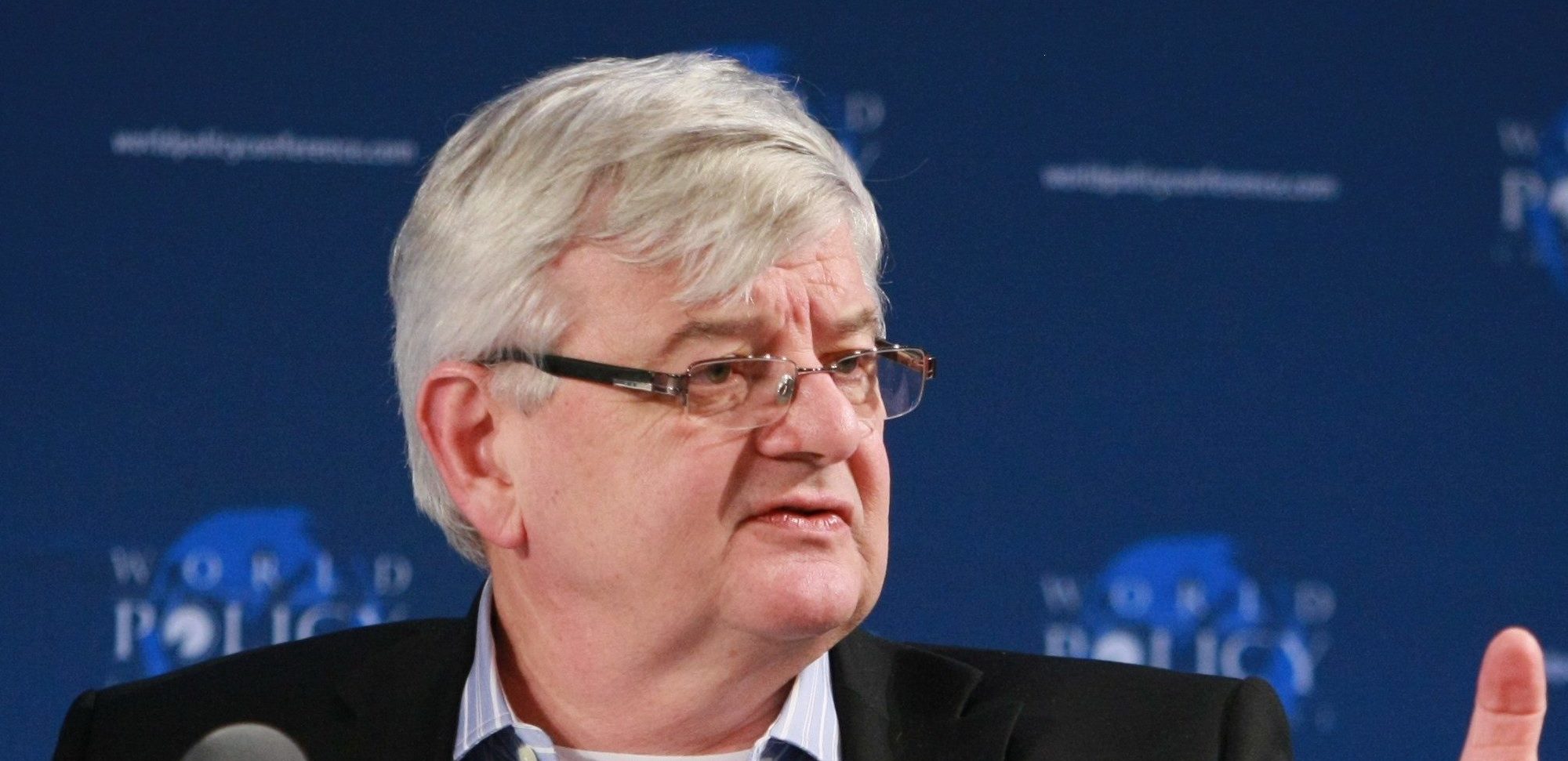
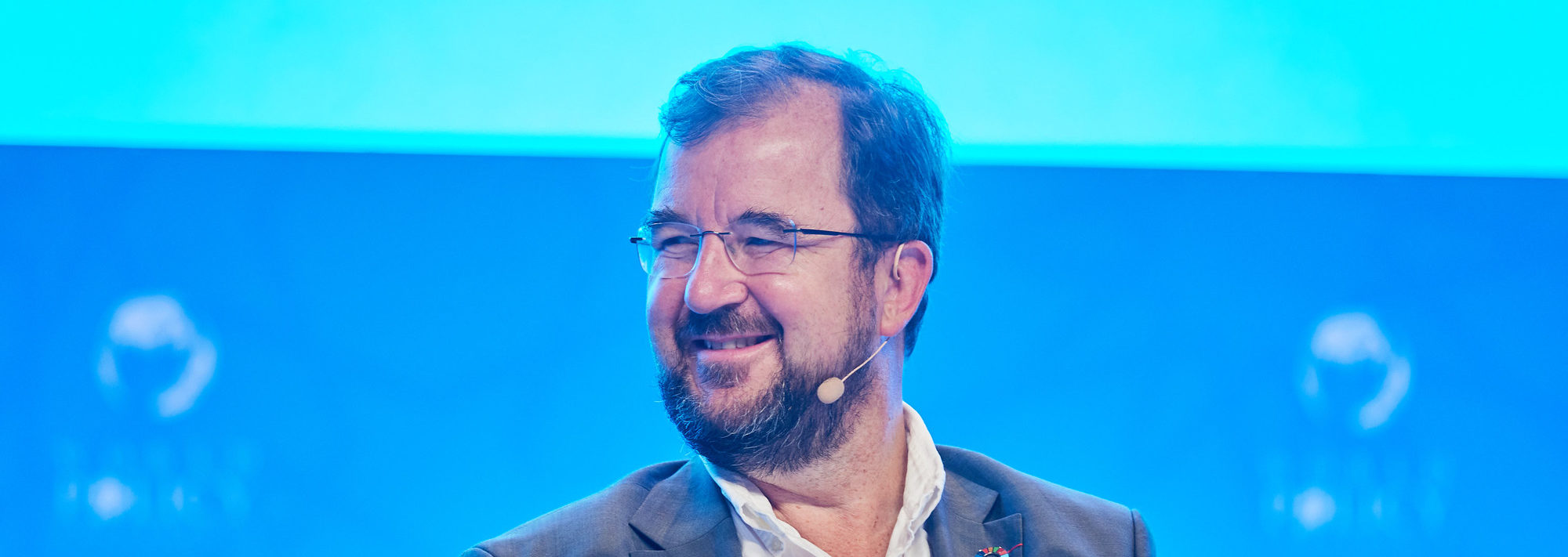
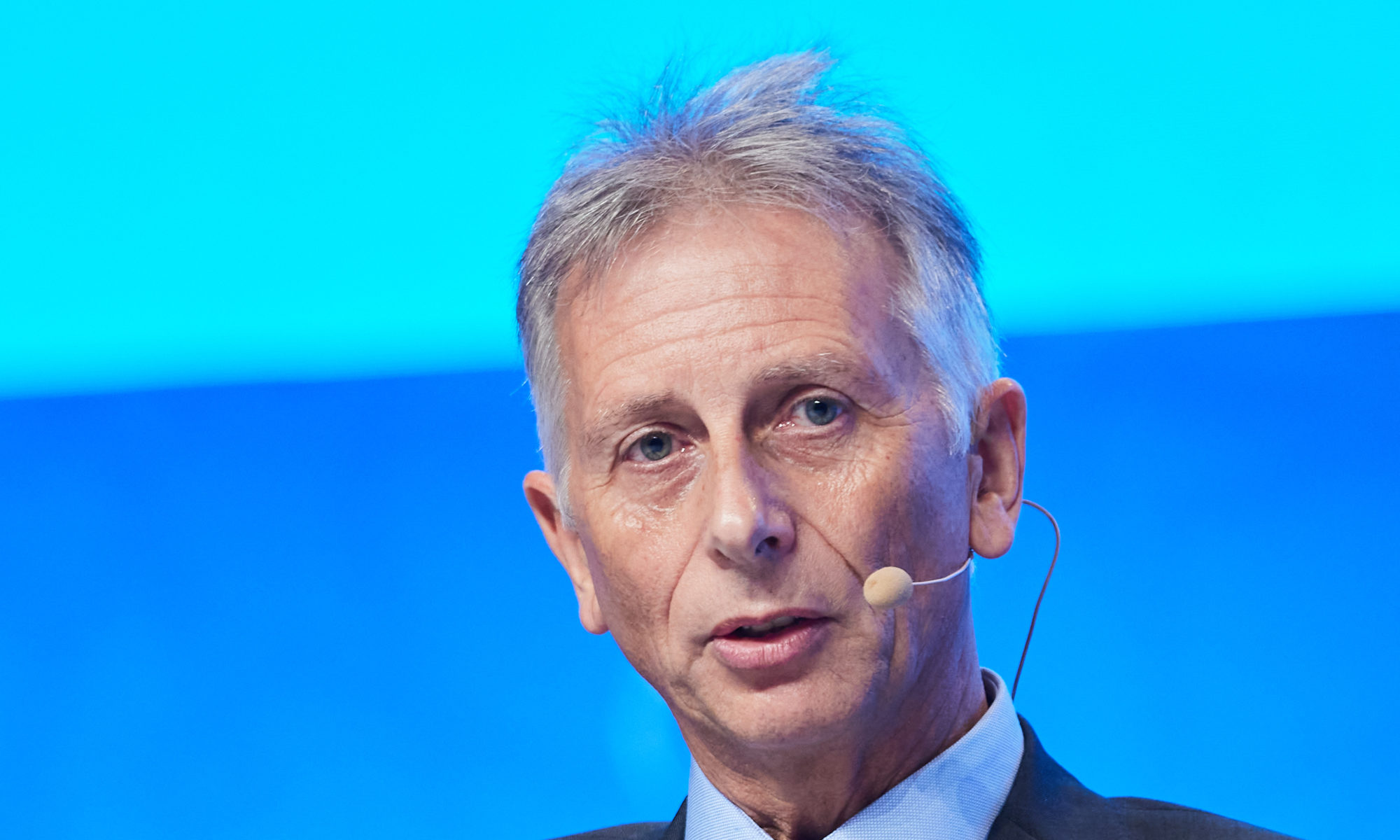

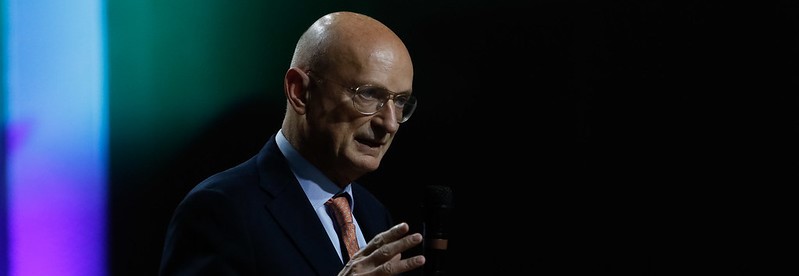

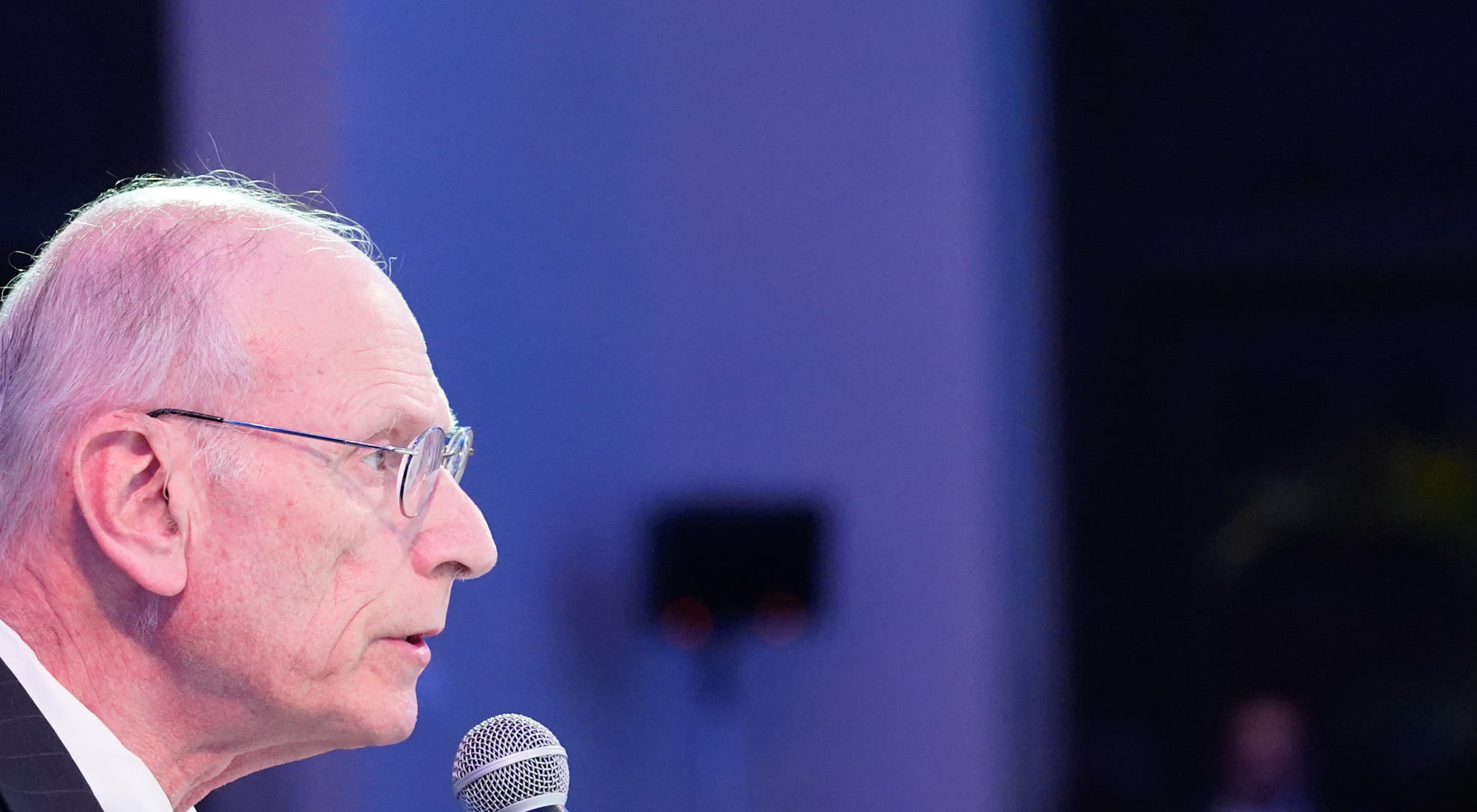

BERLIN – With Iran’s drone and missile attack on Israel on the night of April 13, the war in the Middle East has taken on a new dimension. For years, the conflict between Iran and Israel had been a “shadow war” in which both sides avoided direct military strikes on each other’s territory. Instead, the conflict reached furtively into the streets of Tehran, where there have been assassinations of Iranian nuclear scientists and engineers, and into war-torn areas of Syria, Lebanon, Yemen, and Gaza. In those hot spots, the so-called Axis of Resistance – comprising Hezbollah (in Lebanon), Hamas (in Gaza), and the Houthis (in Yemen) – receives extensive support in the form of Iranian money, weapons, and training.
The current war started on October 7, 2023, when Hamas launched an attack on Israel that claimed 1,200 lives and 253 hostages. Israel soon hit back, and the war has been raging in Gaza ever since. As a result of the Israel Defense Forces’ campaign to eliminate Hamas once and for all, more than 30,000 Palestinians have been killed, and the enclave has been laid to waste.
Despite these horrors and the appalling conditions in Gaza, the war is the latest chapter in a bloody conflict that Israelis and Palestinians have been fighting over the same stretch of land for almost 80 years. By contrast, Iran’s direct attack against Israel represents something new. To launch a strike from Iranian territory, rather than operating through proxies, is to invite retaliation against Iran itself. The Iranian regime either must feel very sure of itself, or is under enormous pressure to make a show of strength, even if that means risking “open war” not only with Israel but also with the United States.
The immediate trigger was Israel’s April 1 strike on an Iranian consulate building next to Iran’s embassy in Damascus, where several members of the Iranian Revolutionary Guard Corps, including two high-ranking commanders, were killed. Though these were hardly the first casualties of Iran’s “shadow war” in Syria and Lebanon, the Iranian leadership nonetheless felt compelled to respond.
True, Iran did reportedly let the US know through informal channels that its counterattack was imminent, and no one was particularly surprised when it came. Nonetheless, the implications of the move are profound. The war is no longer an Israeli-Palestinian one over the same stretch of land; it has been regionalized – even globalized.
Looming ominously in the background is the potential threat posed by the Iranian nuclear program. Given the latest developments, this existential threat to Israel is becoming less hypothetical by the day. Will Iran take the final steps to cross the nuclear threshold, and does the mere possibility increase the odds of a war with Israel and the US? That is now the big question for the entire region.
Moreover, we know that Iran’s aims extend beyond achieving regional predominance. The regime would welcome the replacement of the US-led international order by a more multipolar system in which great and emerging powers compete. To command a powerful position in this new international order will require nuclear weapons, access to state-of-the-art technology, and an end to the economic isolation implied by far-reaching Western sanctions. All this now looks to be within reach through its deepening ties with China, Russia, and parts of the Global South.
Iran’s theocrats know that they are in a fraught position domestically. Large-scale protests led by women, young people, and ethnic minorities (in Kurdistan and Baluchistan, for example) have discredited the regime, as has rampant corruption among the ruling elite. The country’s aging leadership no longer has any legitimacy; it is merely surviving through outright repression. But while relying on truncheons and bullets may work for a while, it is hardly a recipe for long-term success.
In geopolitical terms, however, the situation is completely different. Iran’s theocratic regime is among the big winners of the transition away from the US-led world order. According to the International Atomic Energy Agency, Iran’s nuclear program has advanced further than ever, putting it on the threshold of enriching enough weapons-grade uranium for a bomb. One also should assume that Iran has the technological know-how to build a nuclear warhead and the systems for delivering it.
In an increasingly favorable geopolitical landscape, Iran’s marriage of convenience with Russia and China is of paramount importance, not least because it will allow the regime to escape its decades-long international isolation. As new and emerging powers seek to develop new multilateral structures beyond the reach of Western hegemony, Iran will almost inevitably benefit.
The war in the Middle East must be understood in this broader context, which also includes Ukraine and Taiwan. We are witnessing increasingly bold and ambitious efforts to topple the old Western-led order through any means necessary – even outright war.